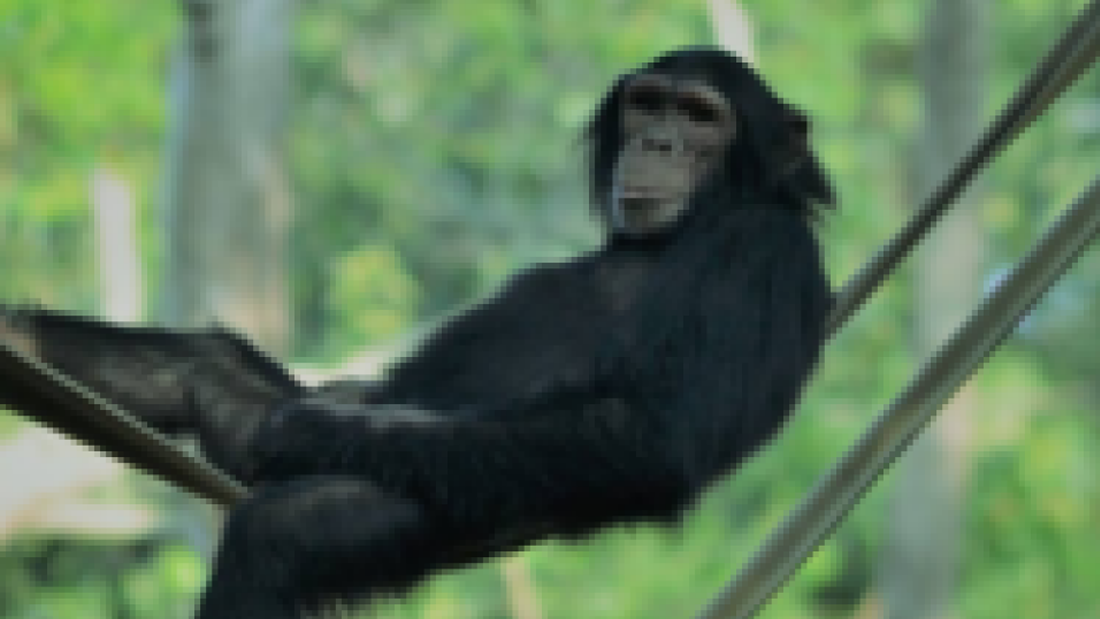Nothing compares with having someone on the ground with an intimate understanding of the place you’re visiting.Adventure Consults takes great pride in knowing that travelers can immerse themselves in everything
that Uganda and Rwanda have to offer with complete peace of mind, in the knowledge that every detail is covered.
 With that in mind, here are some important things you need to know about traveling in the two East African nations:
With that in mind, here are some important things you need to know about traveling in the two East African nations:
Genuinely Friendly People
Ugandans and Rwandese are very friendly and hospitable. They enjoy making travelers feel welcome and sharing personal stories. This is more than just politeness, but an essential part of life. People in the two countries will always offer to help — even if you don’t need help. And when you ask for directions, they will often offer to walk you there!
However, don’t carelessly flash your cash or leave your valuables (like cameras, phones, laptops, etc.) unattended. In other words:Don’t lead good people into temptation!If you are carrying cash that you won’t need for the day or night, please keep it in your hotel room safe (if there is one) or with the front office staff at your hotel or lodge.
Adventure Consultsguides are always at your disposal for help in case you want to take walks, or explore villages, markets or craft centers. However, if you chose to explore on your own (unescorted), feel free to ask for directions. And it’s strongly recommended that you get someone to go along with you for a more rewarding experience.
Begging and Donations
Even in the most remote villages of Rwanda or Uganda, children will wave and shout, “Muzungu, Muzungu —give me money!” and similar things. Irrespective of nationality, Muzungu loosely refers to anyone with light skin and riding in a safari jeep. Muzungu isn’t a racist or unwelcoming term, but simply a general and simple way to call for your attention.
Should you feel like making meaningful contributions to help children or other local people you meet while on safari, DO NOT give them money, sweets or throw anything to them, as this only promotes a culture of begging. It also discourages children from staying in their home or school because they come to believe that standing on the roadside and begging is a good thing.
Adventure Consults has partnered with the local schools, orphanages and hospitals near national parks, places that guests can visit during their free time in between game drives, or gorilla and chimp tracking. Quite often, visitors want to make a contribution towards improving local lives. Check out a list ofdonation ideasor get intouchfor more detailed advice.
Cultural Diversity
Traveling through Uganda and Rwanda teaches you a few things about our diverse culture and customs. Uganda alone has over 56 tribes. Rwanda isn’t as ethnically diverse, but the Rwandese culture is incredibly rich!
As you will travel through different regions and meet people with different languages, clothing and foods, they will surely inspire you to be more social, adaptable and flexible. You might even learn a few Ugandan or Rwandan ways of doing things.
In some cases, you might be required to dress “appropriately.” Ask your travelconsultantor safari guide for advice on the ideal dress code depending on nature of the tour/excursions in your itinerary.
For instance, if you are to visit Kasubi tombs or any of the old churches, temples, mosques or palaces, women are advised to wear long skirts but no shorts or pants. However, there is some level of flexibility for using a sarong or similar wrapping on top of your jeans, shorts or safari pants. Check out the Adventure Consulthistorical and cultural toursof Kampala for ideas on how to spend your pre- and post-safari days.
Adventurous Destinations
If you’re the adventurous type, then Uganda or Rwanda are your ultimate East African destinations. Both countries offer numerous adventurous experiences for any visitor who wants to try something new. From adrenaline-pumping activities like rafting, kayaking and bungee jumping on the River Nile, to gorilla and chimp trekking, walking safaris, hit-air ballooning and climbing in the Ruwenzori Mountains. Discover some of the options via this link:Uganda Safaris.
Information Sources
Guidebooks and Google can be helpful. But don’t let them be your only source of information on Rwanda and Uganda. In some cases, the information isn’t very accurate or out of date. So, give your guides an opportunity to fill in the blanks and expand your knowledge.
A great example of this is highway information. Because of ongoing construction projects, road conditions in Uganda have greatly improved. Two years ago, it normally took at least two hours to drive between Entebbe and Kampala while heading to western Uganda’s national parks. But a brand-new expressway has cut that travel time to less than 30 minutes.

